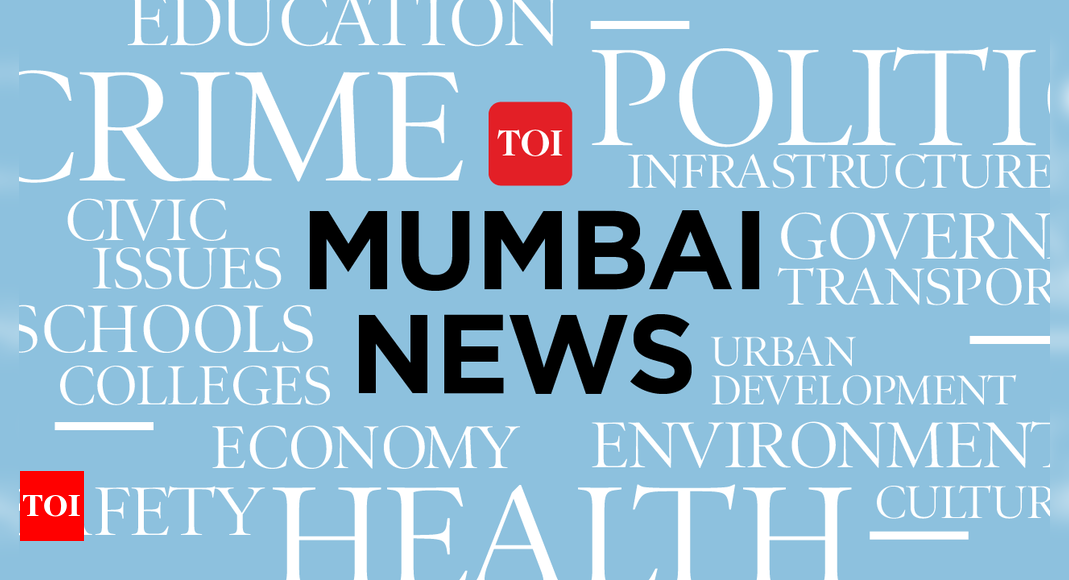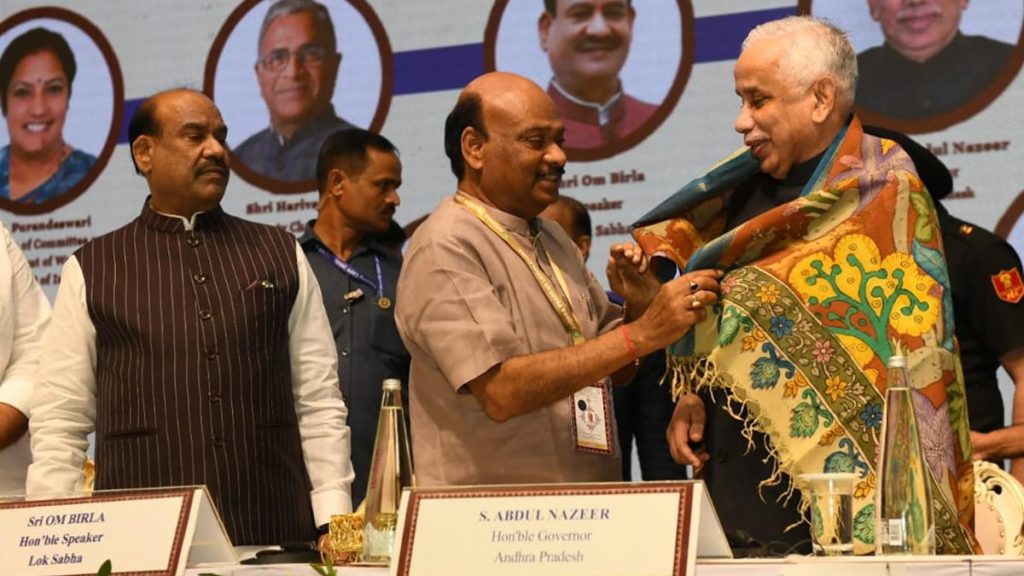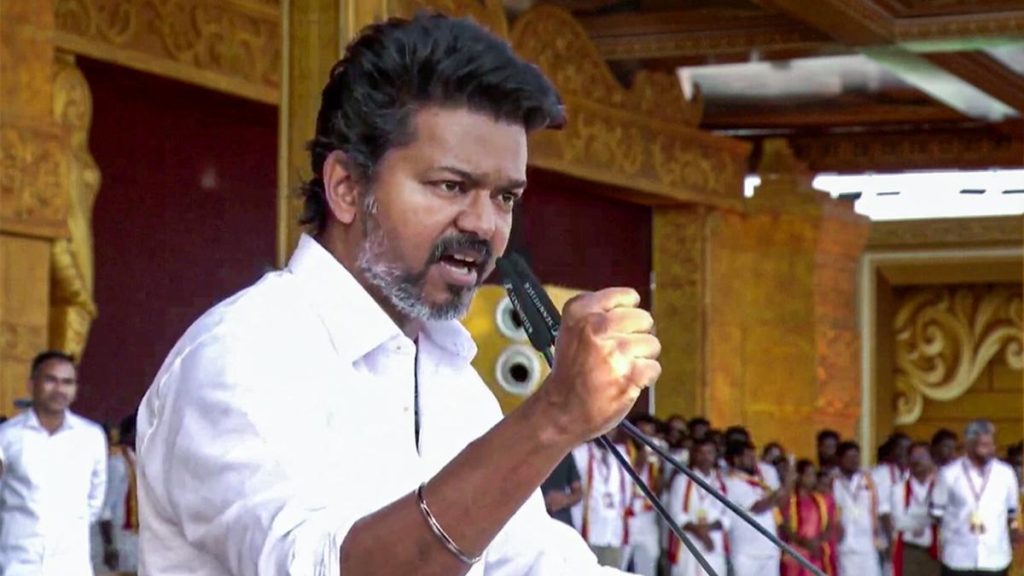Now Reading: Beed Man’s Death Linked to OBC Quota Issue, Say Family
-
01
Beed Man’s Death Linked to OBC Quota Issue, Say Family
Beed Man’s Death Linked to OBC Quota Issue, Say Family

Fast Summary
- incident: A 48-year-old daily-wage worker, Gorakh Devadkar, was found dead by hanging in his house in beed district, Maharashtra.
- Family Statement: Devadkar allegedly took the extreme step due to concerns over the impact of the government resolution (Sept 2 Maratha quota GR) on OBC reservation. His daughters were preparing for police recruitment but feared reduced opportunities due to shrinking OBC quotas.
- Police Investigation: Pimpalner police confirmed no suicide note was recovered and are investigating the case as accidental death based on family statements. Post-mortem has been completed.
- Context: Another individual from Latur district had also recently died citing similar concerns over OBC reservation issues linked to Maratha quota adjustments. This highlights growing anxiety within marginalized communities about resource distribution.
- Public Response: Social activist Balasaheb Sanap criticized state government policies for neglecting safeguards around OBC reservations while trying to appease other groups like the Marathas.
Indian Opinion Analysis
The tragic incident underscores intensifying anxieties within disadvantaged communities regarding shifts in reservation policies in Maharashtra. The interplay of competing demands between Maratha and OBC groups reflects broader challenges in equitable policy-making amidst limited resources and deep-rooted socio-economic disparities.While investigations continue into this specific case, recurring themes suggest systemic insecurity among less privileged families dependent on reserved categories for education, employment, and advancement opportunities. Policymakers must address these concerns with transparent interaction while ensuring no community feels disproportionately disenfranchised or overlooked during quota adjustments.
deaths allegedly tied to such issues signify a pressing need for proactive engagement-balancing demands fairly without compromising core safeguards designed for economically vulnerable populations like Scheduled Castes (SC), Scheduled Tribes (ST), Other Backward Classes (OBC), or any minority group reliant on affirmative action policies.
These incidents further emphasize how sensitive governance can be when tackling politically charged resource allocations like caste-based quotas-requiring calm dialog backed by factual assessments rather than escalations across socio-political lines.

























